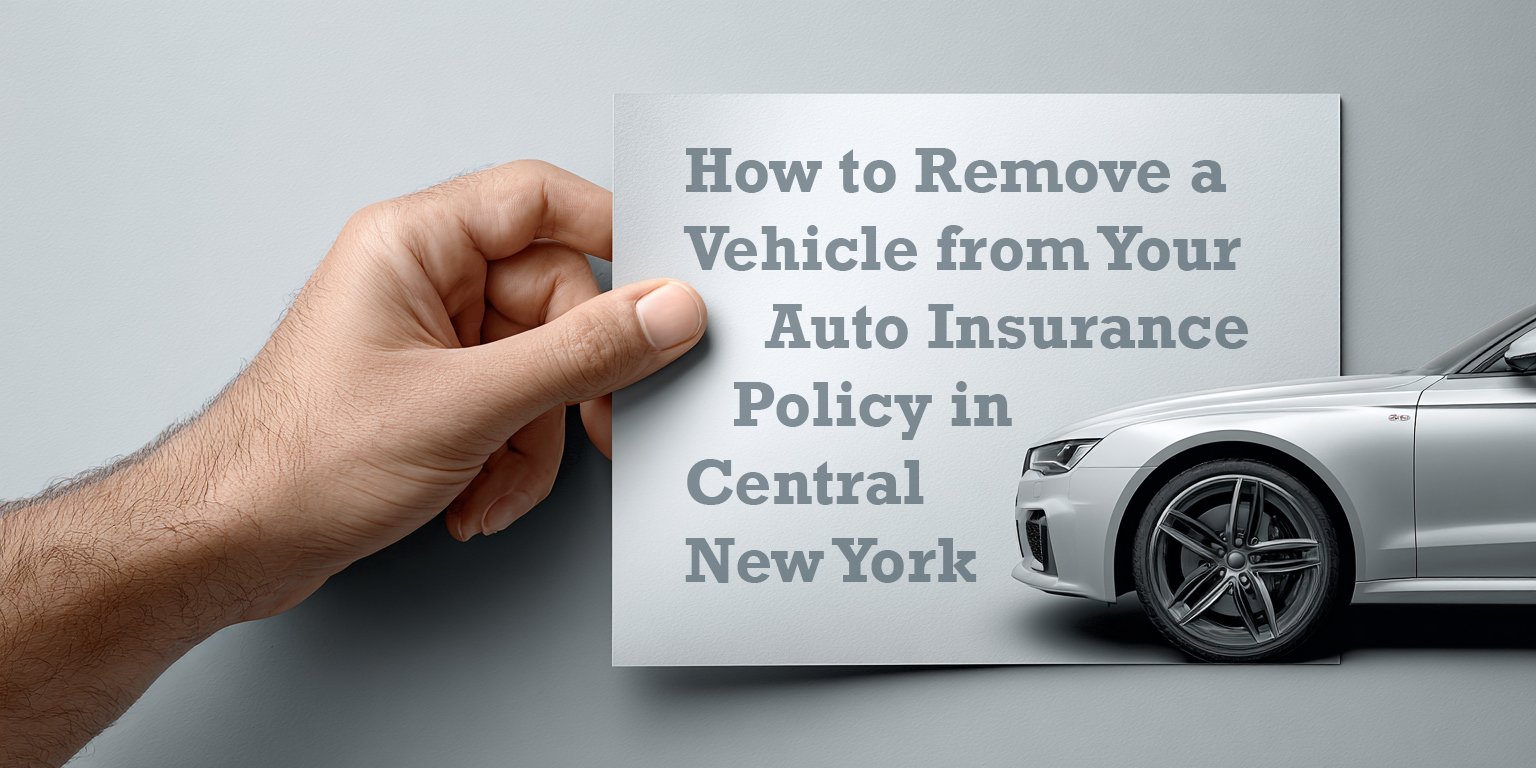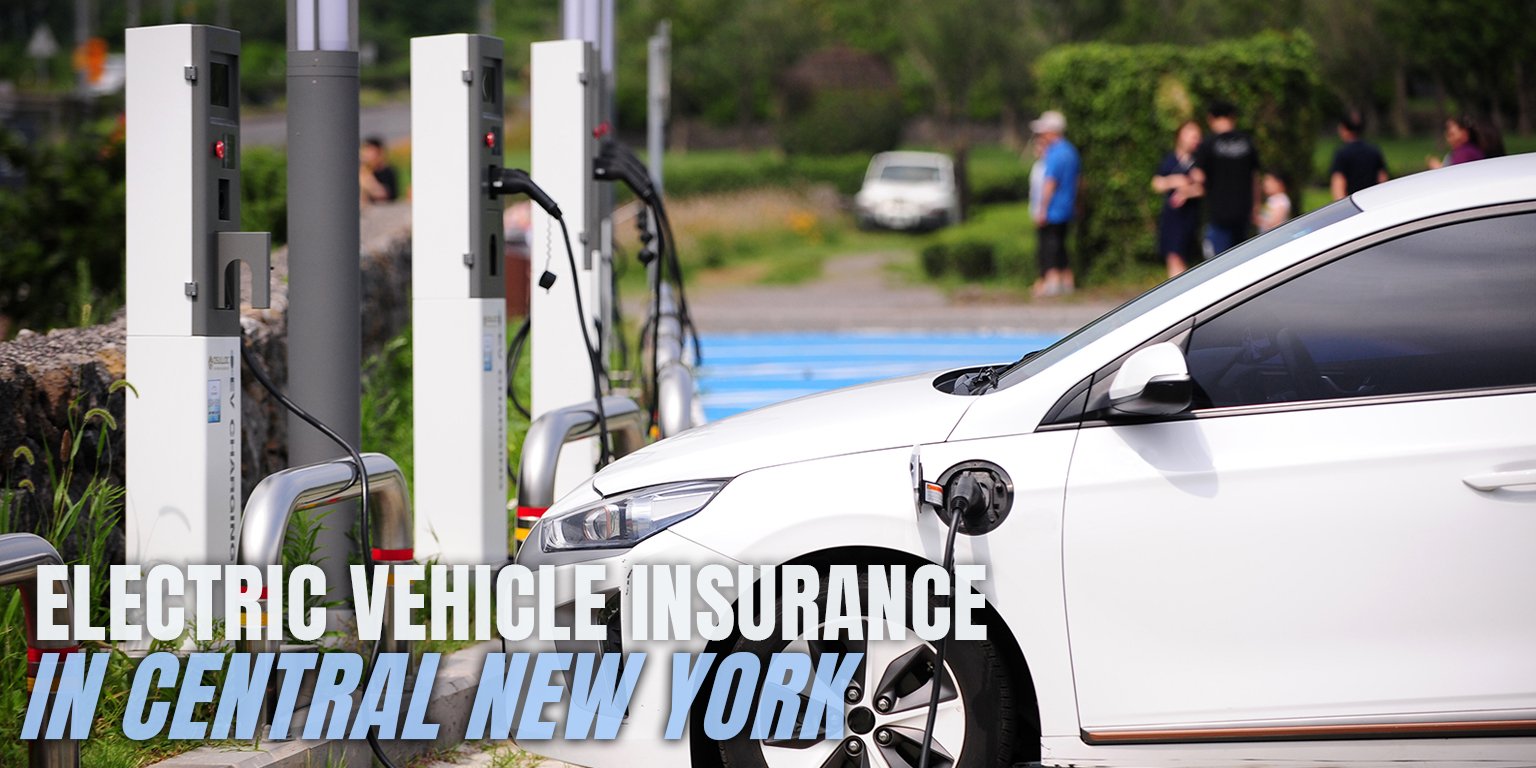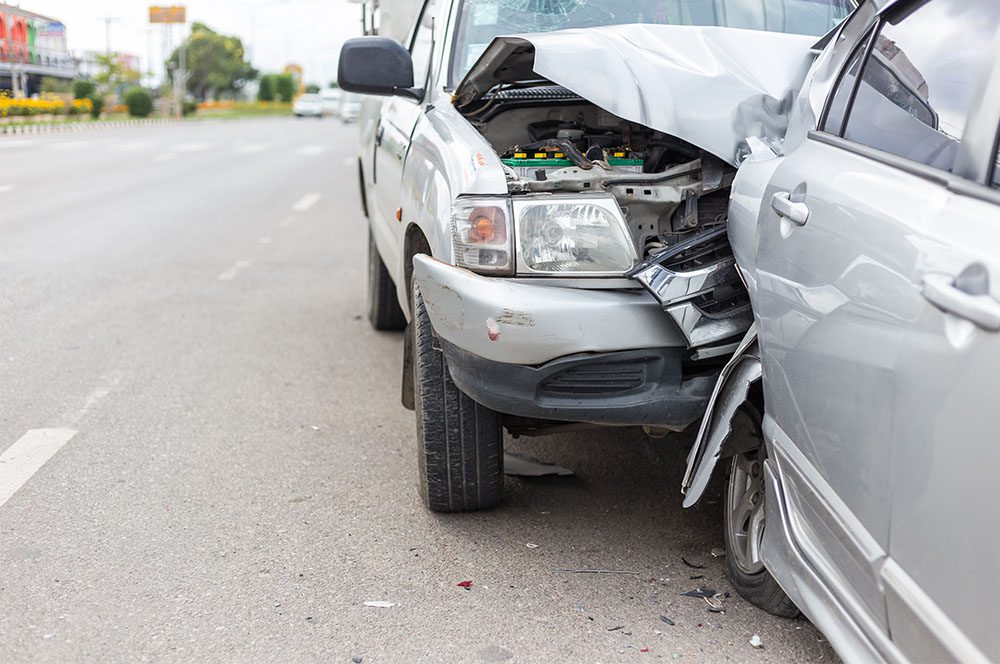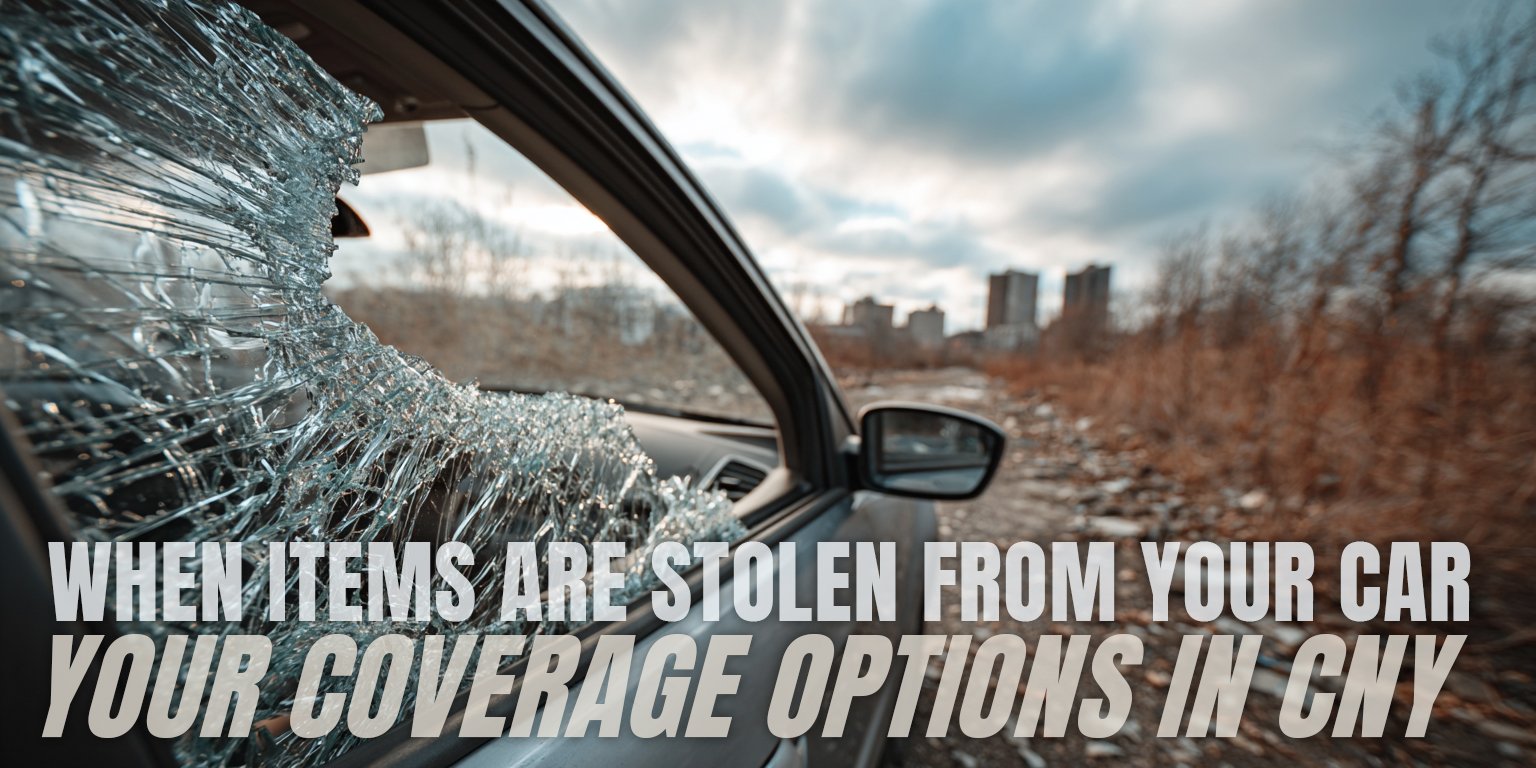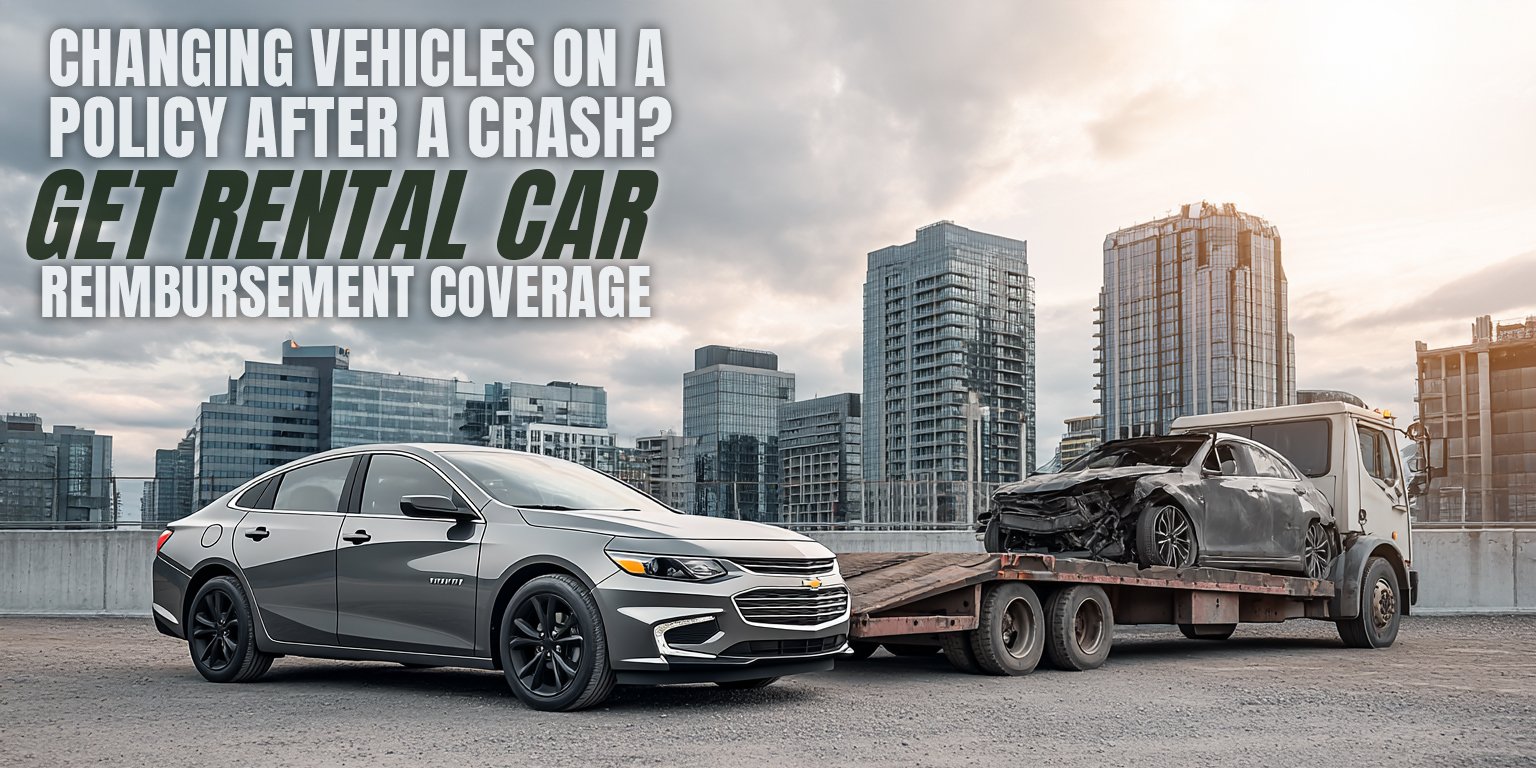The Best Deductibles for an Auto Insurance Quote
September 20th, 2023
5 min read

If you’re looking for an auto insurance quote in Central New York, you might be wondering how to choose the best deductible for your policy. A deductible is the amount of money you have to pay out of pocket before your insurance kicks in. The higher the deductible, the lower the premium. But is that always the best option?
Choosing the right deductible can be tricky. You want to save money on your monthly payments, but you also want to be prepared for unexpected accidents. You don’t want to end up paying more than you can afford if something happens to your car. How do you balance these factors and find the best deductible for your situation?
That’s where we come in. At Horan, we’re experts in auto insurance. We know how to help you find the best coverage for your needs. We’re an independent insurance agency that has been serving Central New York since 2009. We care about our customers, and we want to help you protect your car and your wallet.
In this article, we’ll explain how deductibles work, how they affect your premium, and how to choose the best one for your policy. We’ll also share some tips on how to save money on your auto insurance without compromising your coverage. By the end of this article, you will have a clear idea of how to get the best auto insurance quote with the best deductible for you.
How Deductibles Affect Your Auto Insurance Premium and Coverage
When shopping for an auto insurance quote, one of the factors that will affect your premium is the deductible. The deductible is the amount of money you have to pay out of pocket before your insurance covers the rest of the claim. For example, if you have a $500 deductible and you have a $2,000 claim, you will pay $500 and your insurance will pay $1,500.
The deductible applies to two types of coverage: comprehensive and collision.
- Comprehensive coverage, also known as other than collision, covers damage to your car caused by events that are out of your control. This includes fire, theft, vandalism, hail, or hitting an animal.
- Collision coverage covers damage to your car caused by colliding with another vehicle or object, such as a tree or a fence.
The best deductible for your auto insurance quote is the lowest deductible you can afford to pay the premium on. The lower the deductible, the higher the premium. But the lower the deductible, the less you have to pay in case of a claim. So how do you choose the best deductible for your situation?
Here are some tips on how to choose the best deductibles for your auto insurance quote:
- Consider your driving habits and risk factors. Do you drive a lot? Do you drive in areas with high traffic or wildlife, or have a history of accidents or claims? If so, you might want to choose a lower deductible to reduce your out-of-pocket expenses in case of a claim.
- Consider your financial situation and savings. Do you have enough money saved up to cover a higher deductible? If so, you might want to choose a higher deductible to save money on your premium. But if you don’t have enough savings or cash flow to cover a higher deductible, choose a lower deductible to avoid financial stress in case of a claim.
- Consider the value and condition of your car. If you have a newer or more expensive car, you might want to choose a lower deductible to protect your investment. But if you have an older or less valuable car, you might want to choose a higher deductible. Or drop comprehensive and collision coverage altogether if the cost of repairing or replacing your car is less than or close to your deductible.
As a general rule of thumb, comprehensive deductibles are less expensive than collision deductibles. Because of that, you might want to carry a lower deductible for comprehensive coverage and a higher deductible for collision coverage.
For example, you might choose a $250 comprehensive deductible and a $500 collision deductible. This way, you can save money on your premium while still having adequate protection for your car.
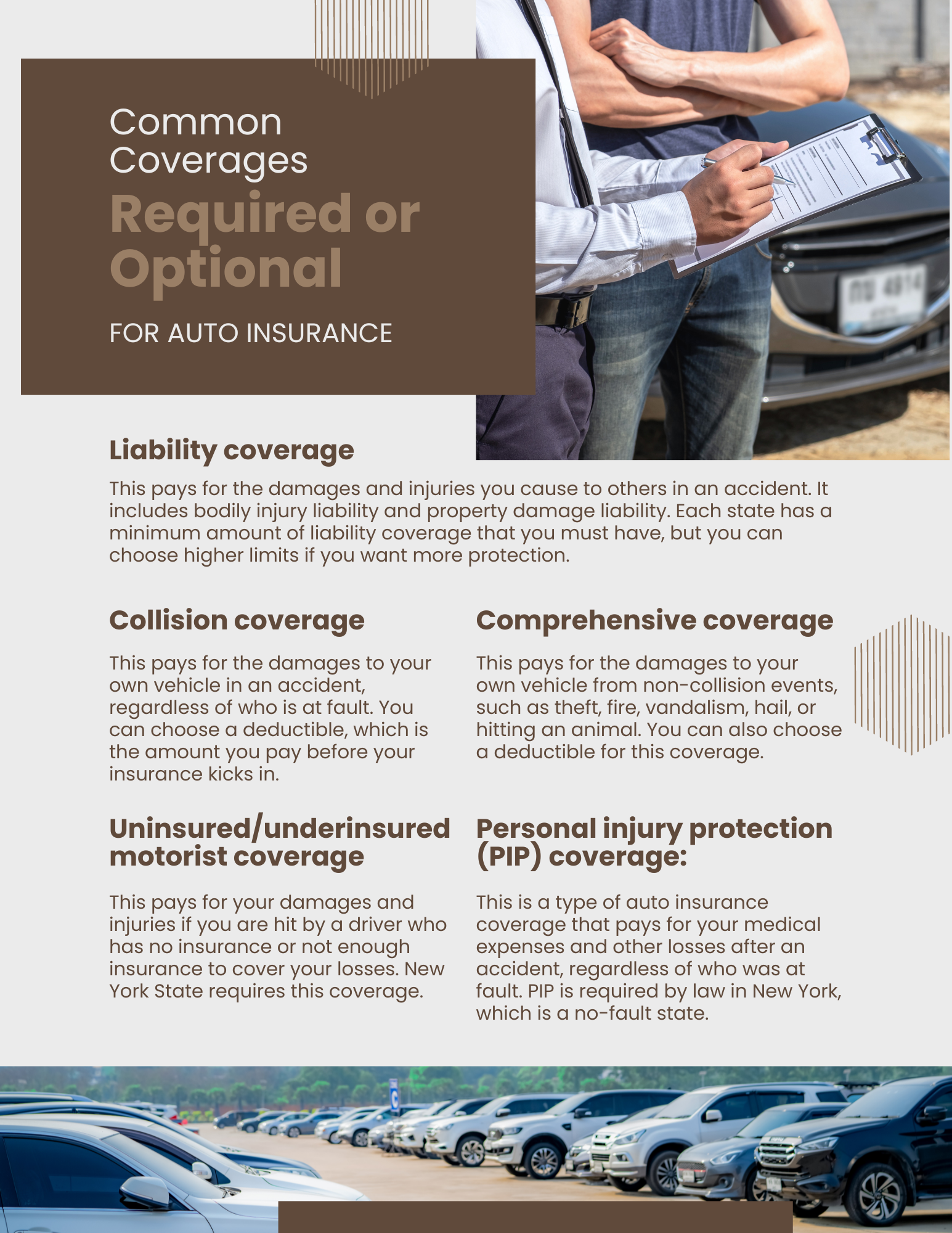
How to Avoid Filing Unnecessary Claims with Your Collision Coverage
Collision coverage is the part of your auto insurance policy that covers damage to your car caused by colliding with another vehicle or object. It can be very useful if you have a newer or more valuable car. But collision coverage can also be very expensive, especially if you choose a low deductible.
The lower the deductible, the more likely you are to file a claim for a minor accident. Filing too many claims can have negative consequences for your insurance rate and coverage.
When you file a claim with your collision coverage, your insurance company will pay for the damage to your car, minus your deductible. But they will also try to recover the money from the other driver or their insurer if they were at fault. This process is called subrogation.
Subrogation can take a long time and involve legal disputes. If your insurance company succeeds in subrogating the claim, they might refund your deductible or part of it. But if they fail, you will lose your deductible and have a claim on your record.
Having too many claims on your record can make you lose discounts, such as safe driver discounts or accident forgiveness. It can also make your insurance rate go up or even make your insurance company drop you as a customer. That’s why you should be careful about filing unnecessary claims with your collision coverage.
The best way to avoid filing unnecessary claims is to choose the right deductible for your collision coverage.
The right deductible is the lowest amount you can afford to pay in case of an accident. But not one so low that you’re tempted to file a claim for every scratch or dent.
For example, if you have a $200 collision deductible and you have a $600 loss, you might want to file a claim because your insurance will pay $400. But if you have a $500 collision deductible and you have a $600 loss, you might not want to file a claim because your insurance will only pay $100.
Choosing a higher deductible for your collision coverage can save you money on your premium and discourage you from filing unnecessary claims. But it also means you have to pay more out of pocket in case of a major accident.
That’s why you should always have enough savings or cash flow to cover your deductible in case of an emergency.
How to Get Diminishing Deductibles for Your Auto Insurance Policy
If you’re looking for a way to lower your deductibles over time without paying more for your premium, you might be interested in a feature called diminishing deductibles.
Diminishing deductibles is a reward for safe driving that reduces your deductibles for every year you are claim-free.
Not all insurance companies offer diminishing deductibles, but some do, such as Erie Insurance. For an additional $35 per policy, you can add the diminishing deductibles feature to your auto insurance policy.
This feature covers all the cars on your policy, whether you have one or six. Every deductible will drop down by $100 for each year you are claim-free for comprehensive and collision coverage.
For example, if you start with a $500 deductible and you are claim-free for three years, your deductible will drop down to $200. If you have a claim, your deductible will reset to $500 and start dropping again the next year. This way, you can save money on your out-of-pocket expenses in case of a claim without paying more for your premium.
We can help you find out if diminishing deductibles are available for your auto insurance policy and how to add them to your coverage. Contact us to discuss this option.
Choosing the Best Deductibles for Your Auto Insurance Quote Doesn’t Have to Be Challenging
Deductibles are an important factor that affect your premium and your coverage. Choosing the right deductibles can save you money and protect you from financial stress in case of an accident.
Here are some key points to remember when choosing your deductibles:
- Consider your driving habits, risk factors, financial situation, and car value when choosing your deductibles.
- Consider your driving habits, risk factors, financial situation, and car value when choosing your deductibles.
- Choose the lowest deductible you can afford to pay the premium on. But not one so low that you’re tempted to file unnecessary claims.
- Consider adding the diminishing deductibles feature to your policy if you want to lower your deductibles over time and enjoy some extra benefits.
By following these tips, you can find the best auto insurance quote with the best deductibles for you. You can enjoy peace of mind knowing that you have adequate coverage for your car and your wallet. You can also avoid paying more than you need to for your premium or for your claims.
Choosing the best deductibles for your auto insurance quote can be challenging, but it doesn’t have to be. We’re here to help.
Get started on the path to choosing the best deductible for your auto insurance quote. Click the Get a Quote button below. One of our insurance specialists will contact you to discuss your policy options.
Want a deeper dive into the best coverages and policy limits for your auto insurance quotes? Read the articles below:
Daniel is an accomplished content creator. He has been working in publishing for almost two decades. Horan Companies hired Daniel as its content manager in November 2022. The agency entrusted its messaging to him. Since then, Daniel has written insurance articles, service pages, PDF guides, and more. All in an effort to educate CNY readers. He's helping them understand the world of insurance so they can make informed decisions.
Topics:





